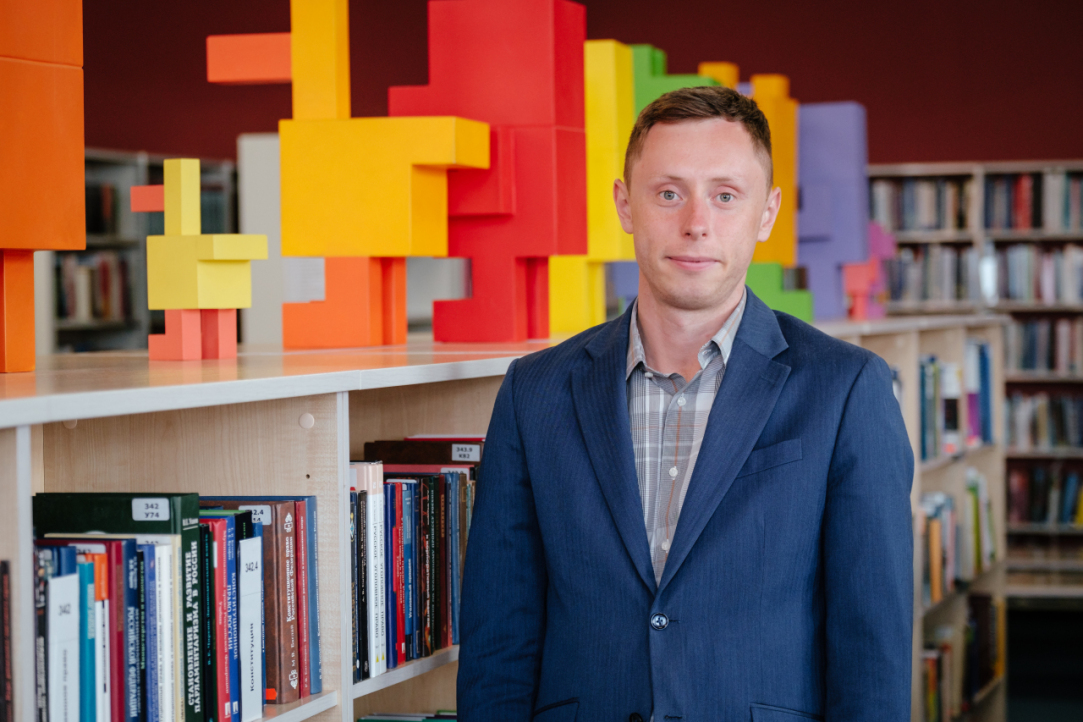High Five: What Victor Krakovich Recommends Reading (original) (raw)
Evenings in St Petersburg gradually become warmer. The most pleasant way to spend them is outdoors with a book—in particular when you are tired of the hustle and bustle of the city. Victor Krakovich, Academic Supervisor of the programme 'International Bachelor’s in Business and Economics', tells which book will teach you to manage the fuss, where to find the meaning of life and what theory a Nobel laureate in economics Richard Thaler came up with.

HSE University—Saint Petersburg
Jean-Paul Sartre, 'Existentialism Is a Humanism'
Even back in my university years, I took an interest in the meaning of life. I found the most suitable answer in the works of French existentialists.
In nature, the essence of a person is not predetermined. What we become depends only on our deeds. Sartre says the same: 'Man first of all exists, encounters himself, surges up in the world—and defines himself afterwards'. We can add here a famous Bulgakov’s quote about the fact that a man is suddenly mortal. It turns out that the essence of life is in the balance between big long-term goals and the joy of the present moment.
Gleb Arhangelsky, 'Time Drive. How to Have Time to Live and Work'
In practice, this task is not that simple but there are useful books for it.
This book by Gleb Arhangelsky with a bright cover gathered many useful advice on time management and strategic planning. If you follow at least some of them, the quality of your life will change for the better. The feeling, that life is a big construction project and you are under the blocks, will disappear. For instance, try to imagine your perfect day in three years. Think about what parts it consists of—what your hobbies and working days look like. After that, create a plan for how to make this day happen.
Richard Thaler, 'Misbehaving: The Making of Behavioral Economics'
A Nobel laureate Richard Thaler shares how he together with his colleagues created a new scientific direction—behavioural economics, which studies how psychological, cognitive, and social factors influence economic decision-making. He describes his experience of working on his main researches. This book will suit those who want to build a career in science or simply get to know one of the most interesting and forward-looking views on modern economics.
Eliyahu Goldratt, 'The Goal' and 'It's Not Luck'
Usually, it is hard for me to read business literature: there are too many repetitions and self-advertisement. This book is a pleasant exception. Here, the author tells about the important management ideas in an exciting artistic form: systematic approach, limits and weaknesses. It will be helpful for everyone who engages in management and projects.
Sergei Dovlatov, 'Pushkin Hills'
When you read Dovlatov's books, it seems like you talk to your old friend.
You know, the one you can always come in for tea and tell what the heart thinks. Dovlatov's humour is kind and soft. As Anton Chekhov, he treats the characters of his books with kindness. But as this epoch is close and you can meet some of the characters nowadays, you become kinder to people because of Dovlatov's books.
He greatly depicts the atmosphere of Leningrad and other places on the literary map. As, for instance, in this book where he talks about the Pushkin Hills. The main character engages in interesting dialogues with the reserve workers about how 'to love Pushkin in the right way'. Do you agree that it is hard to stay serious when museum workers overuse formulaic phrases about Pushkin and his talent?... It seems to enhance the internal crisis which Dovlatov's lyrical hero has to face.
Once, I went on an excursion to the Pushkin Hills and saw a house where the writer lived. People say that the neighbour who Dovlatov glorified in his book is still living nearby. You can have a real literary journey!